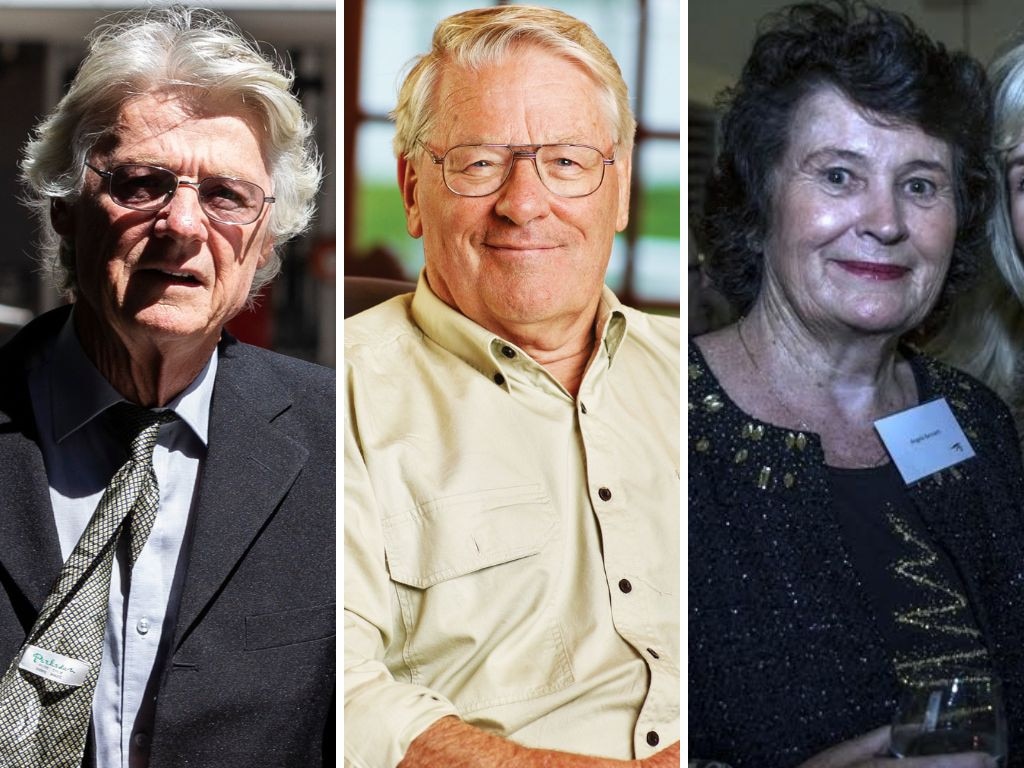High Court justice Jacqueline Gleeson reveals tips to fight self-doubt
Jacqueline Gleeson – daughter of ex-High Court chief justice Murray Gleeson – says while she benefited from the ‘good fortune’ of her father’s success, that does not mean she does not deserve her career.
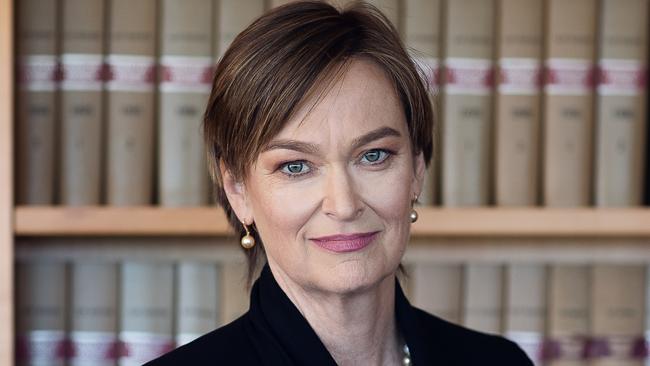
Experienced judges, solicitors and barristers who hide their vulnerabilities to appear indestructible to their junior colleagues must acknowledge their own weaknesses to properly nurture young lawyers who experience self-doubt, High Court judge Jacqueline Gleeson says.
In delivering the annual Minds Count Lecture, Justice Gleeson, daughter of former High Court chief justice Murray Gleeson, shared her top five tips for beating impostor syndrome, as she encouraged members of the legal profession to practise self-confidence and assertiveness.
She acknowledged that while she benefited from the “good fortune” of having a father who had great success in the legal profession, that does not mean she does not “deserve my career” nor does it mean she should not believe in her own capabilities.
“In simple terms, my message tonight is to not believe everything you think, particularly if you are upsetting yourself,” she said. “What I’m talking about is doubt that does not assist in doing good legal work, but rather gets in the way of doing good work and living a satisfying life.”
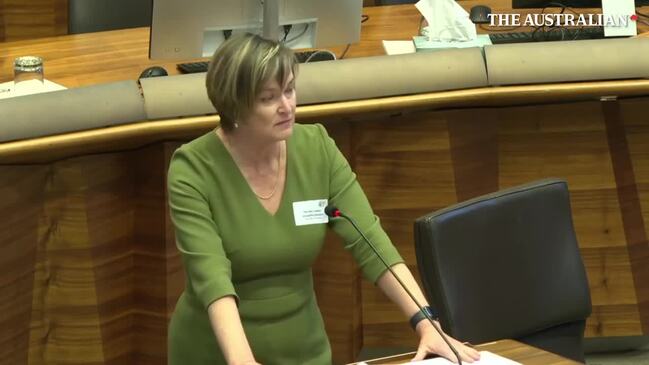
Justice Gleeson said “healthy and appropriate doubt” can be a critical tool to good legal judgment, and can be the “antidote to cognitive errors like jumping to conclusions and confirmation bias”.
However, she said, impostor syndrome is common in lawyers who experience an unhealthy amount of self-doubt, and can lead to a “traitorous state of mind”.
“It’s fair to say that our culture admires strength and invincibility. Conversely, that culture tends to show impatience and even contempt for weakness,” she said. “Although there’s more and more recognition of the values of authenticity and vulnerability, many in positions of power are clothed in psychological suits of armour.”
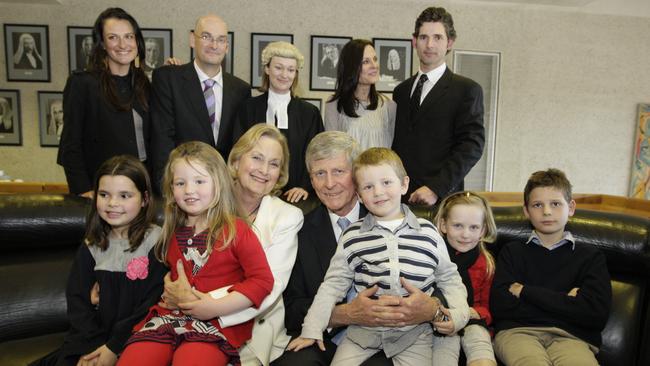
She continued: “Among many other reasons, people in positions of seniority, like judges, typically have a strong sense of responsibility to their institution and to their judicial oath or affirmation, which may be a powerful reason for concealing any sense of weakness. Of course, when we hide our vulnerability effectively, we give the impression that we are invulnerable. In turn, junior practitioners wrestling with self-doubt may think that they are the only ones in that situation.”
Justice Gleeson joined the High Court bench in March 2021, having been a judge of the Federal Court for nearly six years.
She said the subject of impostor syndrome is “fairly taboo, at least among Australian lawyers of my generation”. Growing up, she was taught lessons about “the importance of presenting a strong exterior, with the implicit message that weakness is to be hidden as if exposed is somehow contemptible”.
“I first heard of impostor syndrome several years back when an old friend of mine went to the bench. Perhaps a year after her appointment, my friend told me, in effect, that she was riddled with self-doubt. She said that she was experiencing impostor syndrome,” Justice Gleeson said.
“I was gobsmacked. I’d known this woman for many years. She was a terrific lawyer with decades of great courtroom experience, brimming with integrity, utterly committed to the discharge of her role, working like a navvy and although I hadn’t seen her in court, the gossip was that her courtroom management was second to none.
“Her doubts seemed to be deeply misplaced.”
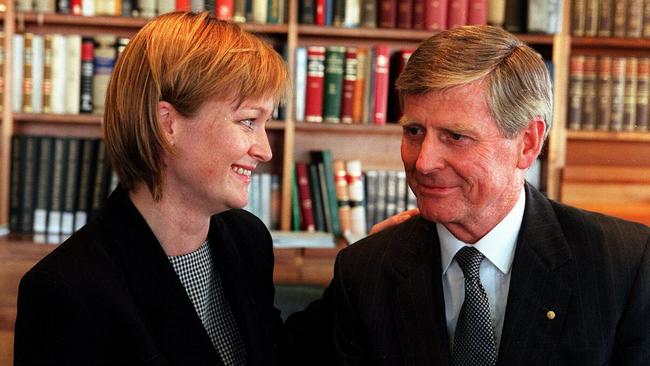
Justice Gleeson said she regularly reminds herself that while she has been “fortunate in many respects”, including having “a brilliant role model in my father”, that doesn’t mean she should deny her own efforts.
“Through him I obtained my first job as a paralegal and met barristers who mentored me and facilitated opportunities to obtain the experience that is utterly essential to becoming a proficient lawyer,” she said.
“I could give hundred of instances of my good fortune over the years. Yet, as I assiduously reminded myself of my good luck, what I was also saying to myself was that I do not deserve my career. By focusing on my good fortune, I deny my efforts, which over a career now exceeding 35 years, have on any view been considerable.”
Justice Gleeson listed her five top tips to “managing cognitive distortion”: Don’t take yourself too seriously, treat yourself kindly, seek psychological counselling, meditate and exercise.
“Having shared ways in which I believe that my mind has betrayed me over the years, I think that it’s only fair to claim, and hope you will accept, that I have not been defeated by my propensity for self-defeating thoughts,” she said.
“In that sense, I hope that I’m something of a good-news story on the subject of cognitive distortion.”


